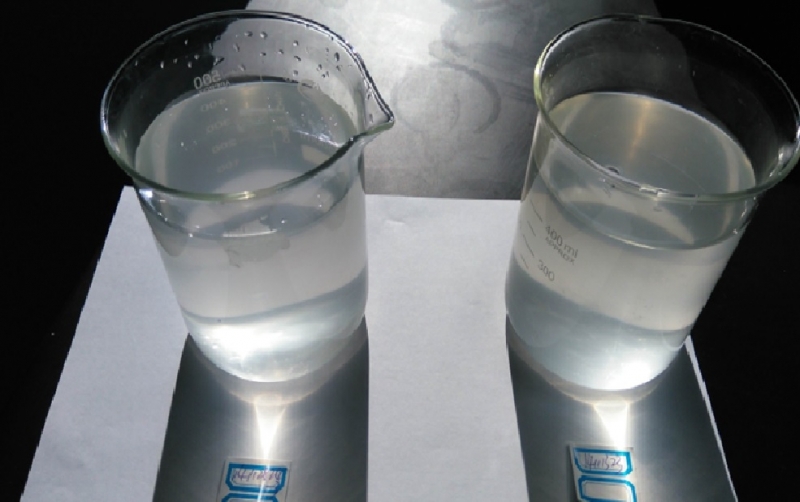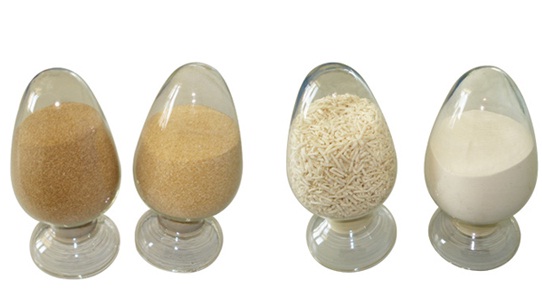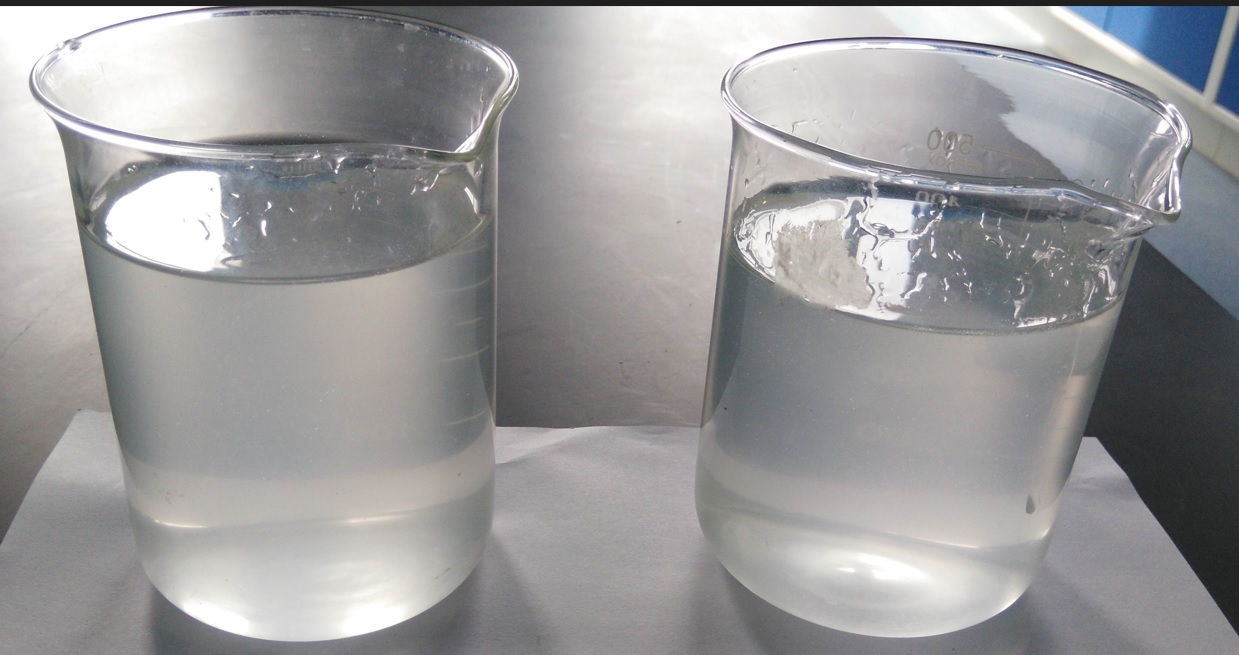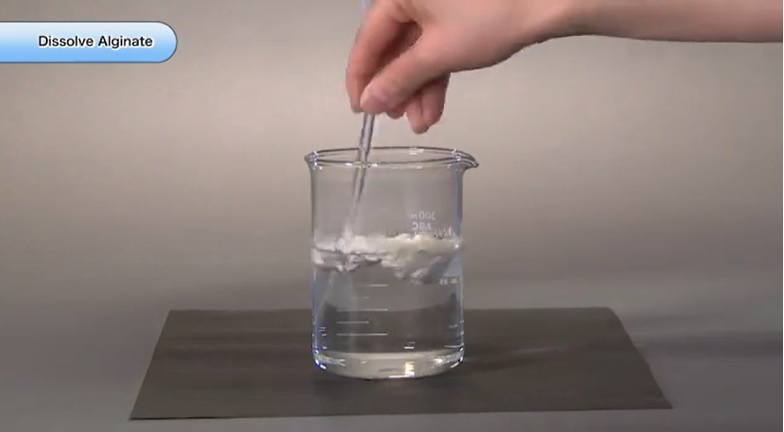
How to dissolve alginate?
Alginic acid, Alginate salts, and Alginate derivatives including sodium alginate, potassium alginate, calcium alginate etc (collectively referred to as "Alginate") can be used in their powdered form or dissolved in water to create a solution for various applications. In many cases, the amount of alginate used is minimal (typically around 1-2% of the final product), so achieving uniform distribution of alginate throughout the mixture is crucial to fully harness its functionality.

Alginate is a water-soluble polymer that, when dissolved in water, forms a viscous colloidal solution. When using alginate as a thickening agent or gelling agent, it is essential to ensure that the alginate is thoroughly dissolved, creating a homogeneous aqueous solution. Alginate is inherently highly hydratable and has good water solubility. However, due to its high hydratability, it can sometimes form lumps or be perceived as 'difficult to dissolve' in certain situations.

How to effectively dissolve alginate to help you make the most of its properties?
Alginate product as a dried powder. We have a variety of products from granules to fine mesh for various applications.
To dissolve alginate in a short time, it is important to disperse alginate into the water uniformly. Alginate powder dispersed in water gradually swells and dissolves.
Alginate which is dispersed uniformly has a large surface area and can be dissolved in a short time. Meanwhile, it takes longer for the lumps to swell and dissolve.
How to disperse homogeneously?
(1) Using a high speed stirrer: Add alginate powder to the water gradually with a high speed propeller-type stirrer. Keep stirring the solution until all the alginate material is dissolved.
(2) Premix with a hydrophilic powder: Before dispersing into water, make a uniform mixture of alginate powder with a hydrophilic powder, such as sugar. Then, add the mixture into water as in 1.
(3) Premix with a hydrophilic liquid: Before dispersing, make a wet mixture of alginate powder with a hydrophilic liquid, such as alcohol and glycerin. Then add the mixture into water with stirring.

Note: Poor dispersion with lumps: If the alginate is not dispersed uniformly, the powder surface is only wetted and lumps are generated. It takes a considerable time for the lumps to dissolve homogeneously.
If alginate lumps are left in water for a long time, they will swell and dissolve.
Solubility of Alginates
Salts of alginic acid with monovalent cations (Na-salt, K-salt, NH4-salt) as well as Propylene Glycol Alginate are all soluble in cold & hot water, and generate viscous aqueous solutions (Table 2).
Alginic acid and calcium alginate are water-insoluble.
All the alginate salts are insoluble to fats & oils and organic solvents.
Table 1: Solubility of alginate in various types of solution
| solubility | |||
| In an acidic system | In an alkaline system | In a solution with polyvalent cations | |
| Fruit juice, Sake, Salad dressing, etc. | Lye water, etc. | Hard water, Milk, etc. | |
| Alginic Acid | Insoluble | Soluble | Insoluble |
| Sodium Alginate | Insoluble | Soluble | Insoluble |
| Potassium Alginate | Insoluble | Soluble | Insoluble |
| Calcium Alginate | Insoluble | Insoluble | Insoluble |
| Propylene Glycol Alginate | Soluble | Soluble | Soluble |
Table 2: Solubility of alginate in various types of solvents
| Type of alginate | Solubility | ||
| Cold & Hot water | Fats & Oils | Organic solvents | |
| Alginic Acid | Insoluble | Insoluble | Insoluble |
| Sodium Alginate | Soluble | Insoluble | Insoluble |
| Potassium Alginate | Soluble | Insoluble | Insoluble |
| Calcium Alginate | Insoluble | Insoluble | Insoluble |
| Propylene Glycol Alginate | Soluble | Insoluble | Insoluble |
